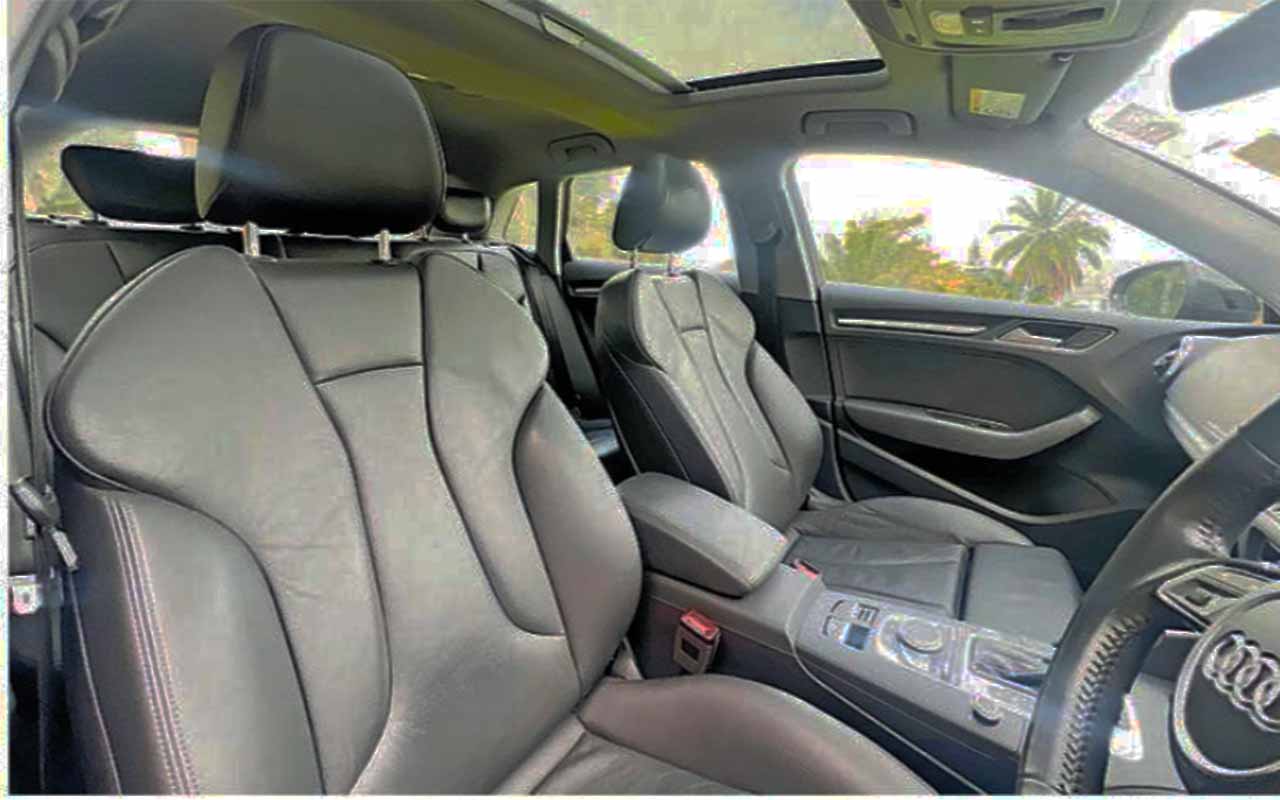Prime
Ask the Mechanic

You can jump start the battery if you find it flat . PHOTOS/Isaac Ssejjombwe
What should I do to prevent battery failure?
Hi Paul, during the last lock down, we parked our cars but my car battery gave me a lot of trouble and I had to eventually replace it. How long can I park my car before the battery dies and what can I do to prevent battery failure or to deal with battery failure? Brian Semambo.
Hello Brian, ordinarily, a well charged car battery should be able to keep power for two weeks of non-driving.
However, depending on the battery condition or age and presence of car control modules that linger on causing parasitic battery draw; a process where a car’s electrical system continues to pull energy from the battery, such as the security system, a battery may last a shorter time when you park the car.
To prevent battery drain or failure, you can ask a technician or follow instructions to disconnect the battery terminals (positive first and negative last, to be reconnected in reverse order).
This may affect functions that rely on memory such as the clock, car computers and the security system or alarm.
Battery charging every three to five days with a portable battery charger is another option which requires some technical knowledge.
Starting the car and running the engine for a period of 20 minutes daily may be the easiest but fuel costly alternative.
In the event that the battery fails you may need to ask a technician to remove it and take it to a battery charging centre or use a portable charger at home for a full charge.
Thereafter re install it but do not connect the terminals.
The alternative is to jump-start it but some modern cars have sensitive electronics and key systems that can easily fail when you don’t follow manufacturer instructions to correctly jump start.

I drive a 1999 Toyota Altezza with a 1G FE engine Auto. It recently developed a funny sound coming from the rear right tyre (the same sound you get when you drive a car with tyres that have no pressure in them ). This sound comes when you roll down the glass on that side, you feel it all over the car cabin. I have done tyre balancing, wheel alignment, adjusted pressure but it still won’t go. Please advise. I wear tyres size 215/45ZR17 9W XL. Thank you.
Andrew Birungi.
Hello Andrew, that sound from your rear right wheel might be a worn out or failing wheel hub bearing.
A wheel hub bearing is a set of steel balls bound in a metal ring which fits in a hub which is attached to a metal shaft.
The hub bearings help your wheels to spin freely but unilaterally (straight line) as you drive along.
When a hub bearing fails due to hitting potholes or age the wheel does not move freely in a unilateral way resulting in more stress and catastrophic failure. Signs of wheel hub stress are progressively loud humming, grinding or squealing noises.
As the bearing damage increases the noise becomes louder and the wheel may visibly wobble as you drive, do not ignore it. No wonder the tyre change, wheel alignment and tyre pressure balancing will not fix the noise.
Any good mechanic will identify the problem promptly.
Hello, I drive a Toyota Premio 2004 model that has recently started to show the ‘check engine’ light occasionally. I took it for diagnosis and I was told that it has a rich fuel mixture, that is causing black soot on the spark plugs, and thus the ‘check engine’ light. Spark plugs, mass air flow sensor and the clogged fuel filter/pump were all changed and the check engine light did not appear for about one week of driving but then it returned eventually. Kindly advise on what I can do to fix this. Best regards.
Daniel Agaba
Hello Daniel, your mechanic or service provider ought to consider other factors that affect the ratios in the fuel air mixture.
The ratio of fuel and air is crucial for total combustion during engine running. Ultimately this affects efficiency and performance of your car’s engine.
A persistent rich mixture of fuel and air can damage engine intake valves and pistons by causing excessive buildup of deposits from crusting of un-burnt fuel. When the ratio of fuel to air is lean you need to look for factors curtailing fuel pressure, whereas a rich fuel air mixture is one where there is more fuel in the mixture causing a distortion of recommended ratio.
In the case of your Toyota inspect the hoses in the vacuum system which may develop hairline cracks or may have a loose connection. Look out for faulty fuel injector(s) which can deliver unregulated amounts of fuel.
A dirty air cleaner will reduce the amount of air in the mixture while a bad oxygen sensor will give wrong values to the engine computer and lead to delivery of excessive amounts of fuel.
Send sms: mycar (space) your comments and questions to 6933
Or email them to: [email protected]




